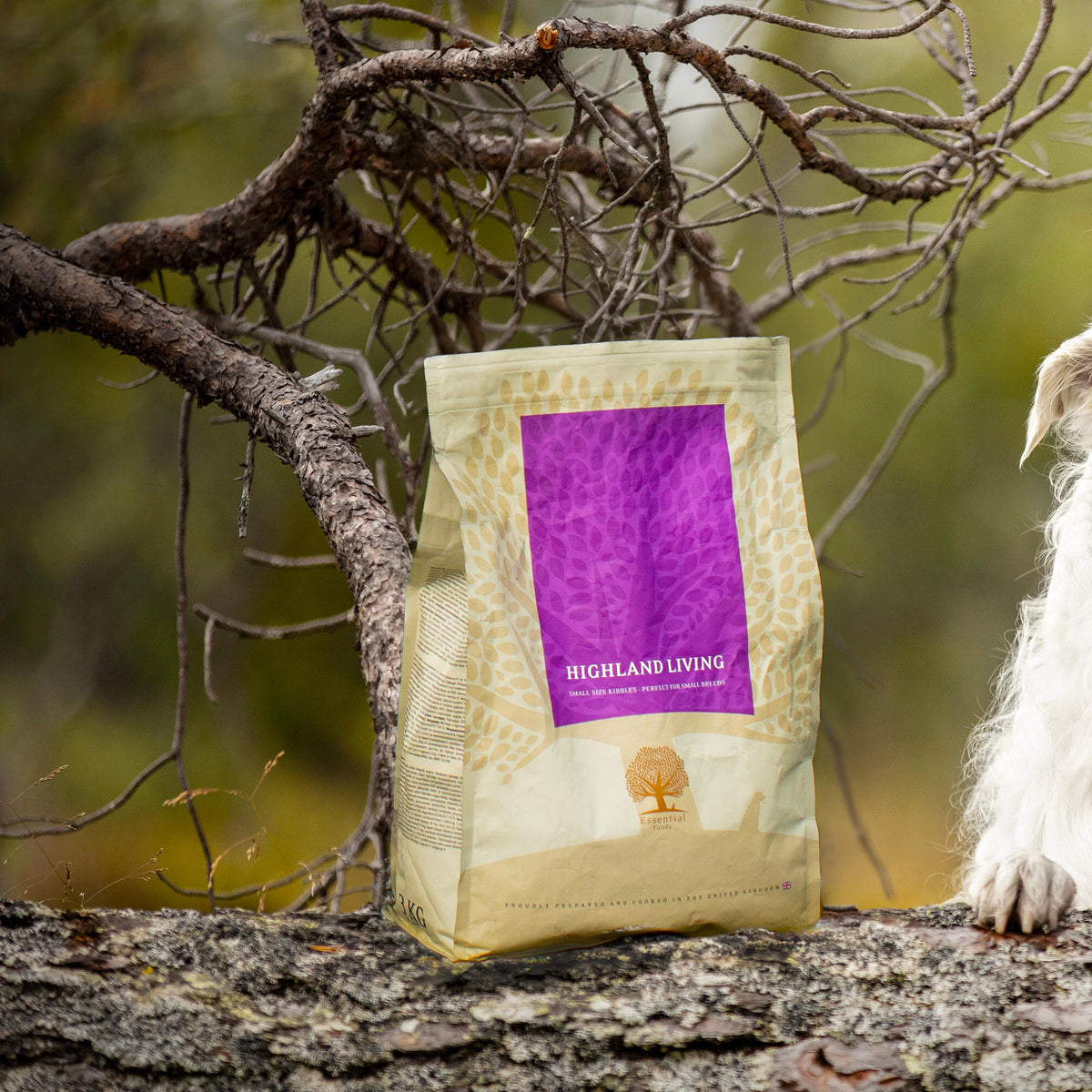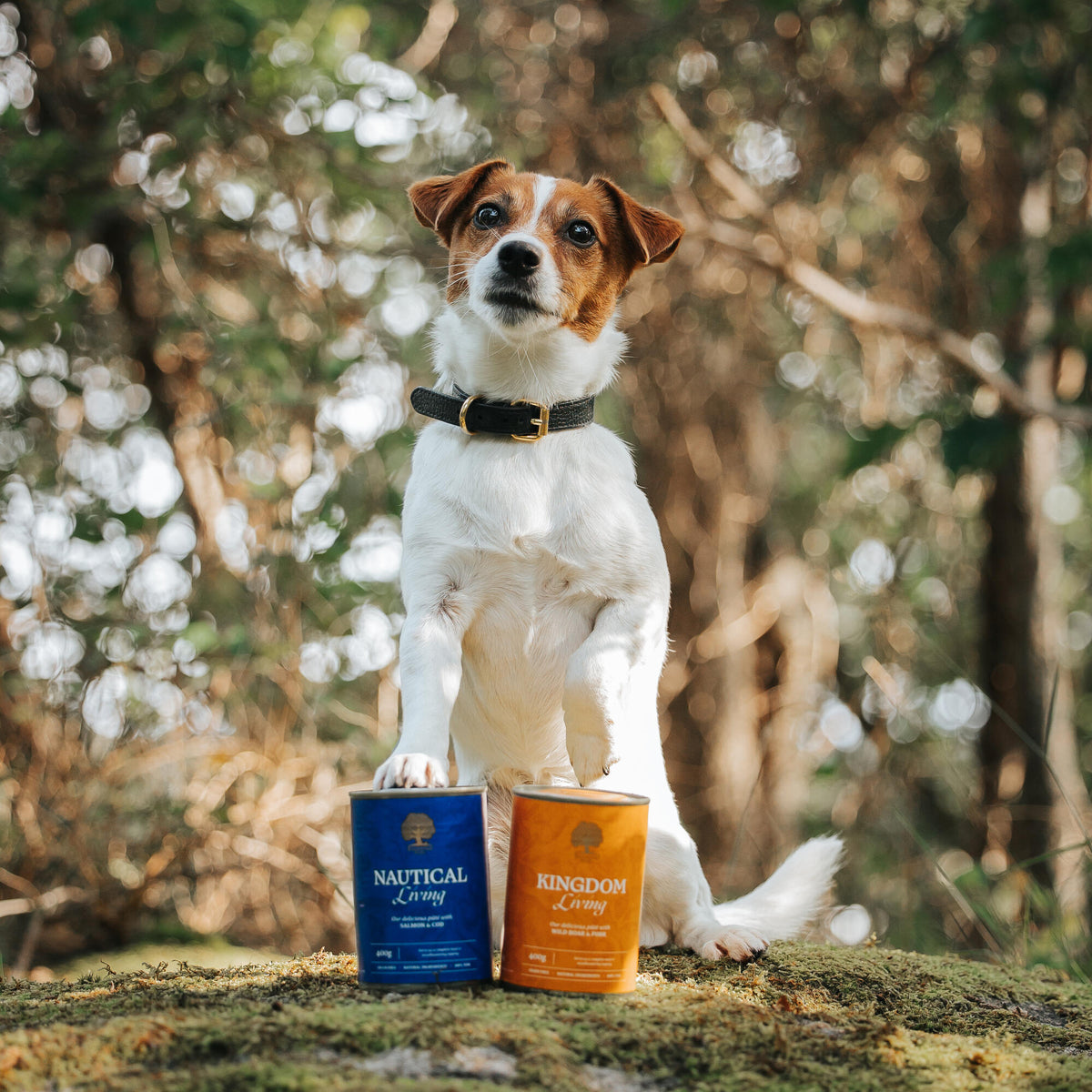Your Cart is Empty

Are you a proud pet parent looking to provide the best nutrition for your dog? As we navigate the vast landscape of dog food options, it's crucial to be mindful of what goes into our canine companion's diet. In this comprehensive guide, we'll tackle the question: "What 3 meats should dogs avoid?" Armed with insights on grain-free dog food, natural dog food, and puppy food, we'll unravel the truth behind the meats that might not be the best choice for your four-legged friend. So, let's embark on this enlightening journey together and ensure our beloved pets receive the nutrition they deserve!
Just as we prioritize whole, minimally processed foods for our own diets, the same principle applies to our canine companions. Processed meats, such as hot dogs, sausages, and deli meats, often contain high levels of sodium, preservatives, and additives that can wreak havoc on your dog's health. These ingredients may contribute to issues like obesity, digestive upset, and even certain cancers. When selecting food for your dog, opt for fresh, natural ingredients to keep their diet wholesome and nourishing.
When scanning the ingredient list on your dog's food label, watch out for vague terms like "meat by-products" or "animal meal." These ambiguous ingredients may include a mishmash of animal parts deemed unfit for human consumption, such as organs, bones, and other leftovers. While some argue that these by-products can provide essential nutrients, they lack the quality and transparency of whole meats. Instead, prioritize dog foods made with real, identifiable proteins like chicken, beef, or fish for optimal nutrition and peace of mind.
While fat is an essential component of a balanced canine diet, excessive amounts can lead to weight gain and other health issues in dogs. Avoid feeding your dog fatty cuts of meat, such as bacon or ham, as these indulgences can contribute to obesity, pancreatitis, and cardiovascular problems. Similarly, be cautious of dog foods laden with rich gravies or sauces, as they may contain hidden fats and unnecessary calories. Opt for leaner protein sources and whole-food ingredients to keep your dog's diet in check and their waistline trim.
Now that we've shed light on the meats to avoid in your dog's diet, you might be wondering: "What's the best choice for my canine companion?" Look no further than Essential Dog Food! Here's why it stands head and shoulders above the rest:
High Protein Level: Essential Dog Food boasts a high protein content to support your dog's active lifestyle and promote lean muscle development. With essential amino acids sourced from premium meats, your dog will thrive on a diet that prioritizes quality nutrition.
B.O.F (Behavioural Optimising Food): At Essential, we understand the importance of aligning your dog's diet with their natural instincts and nutritional needs. Our B.O.F principle ensures that every bite of Essential Dog Food maintains stable blood sugar levels, supports optimal digestion, and satisfies your dog's innate cravings for meat-based nutrition.
High-Meat Content: Dogs are carnivores at heart, and Essential Dog Food honors their carnivorous nature with a recipe rich in real meat. From succulent chicken to savory beef, each mouthful of Essential Dog Food delivers the nourishment and flavor your dog craves.
Excellent Palatability: Let's face it—no matter how nutritious a dog food may be, it won't matter if your dog turns up their nose at mealtime. That's why Essential Dog Food prioritizes palatability, ensuring that every bowl is a delight to devour. With irresistible flavors and textures, your dog will eagerly anticipate their next meal of Essential Dog Food.
A: Absolutely! Essential Dog Food offers formulations tailored to puppies, providing the essential nutrients they need for healthy growth and development. With balanced protein levels, wholesome ingredients, and a focus on digestibility, Essential Puppy Food is an excellent choice for your growing pup.
A: Grain-free dog food reduce allergies and improve digestion, making it ideal for sensitive dogs. Additionally, grain-free dog food aids in weight management by offering higher protein levels and fewer empty calories. It promotes healthy skin and coat due to increased omega-3 fatty acids content.
A: Transitioning your dog to Essential Dog Food is a breeze! Start by gradually introducing the new food alongside their current diet, gradually increasing the proportion of Essential Dog Food over 7 to 10 days. Monitor your dog's appetite, digestion, and overall well-being during the transition period, making adjustments as needed to ensure a smooth switch. Before you know it, your furry friend will be happily enjoying the nourishing benefits of Essential Dog Food!


